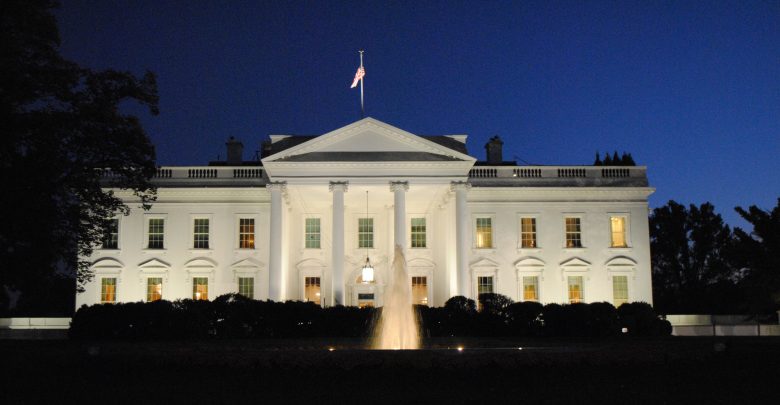Non-Profits Start Accepting Donations in Cryptocurrency
The founder of a non-profit becomes a fan of cryptocurrency after receiving donations of $42,000 in cryptocurrency.
Non-Profit CEO was Skeptical before 2020
Tammy Tibbetts, co-founder and CEO of She’s the First says she was first skeptical of cryptocurrency but since 2020, her perception regarding Bitcoin has totally changed. Due to Coronavirus, the non-profit needed more funds which were compensated by $42,000 in cryptocurrency.
“Before 2020, I didn’t know much about cryptocurrency. As a nonprofit CEO, I look at the dollars sitting in our bank account every day, so I constantly think about how to raise more dollars. The thought of raising crypto felt so abstract, like trying to find Monopoly money in the dark. It just didn’t feel real, and I was more than a bit skeptical,” she explained in a blog post.
She further explains that Development and Communications Manager, Henah Parikh, introduced us to the crypto donation platform known as The Giving BlocK, which made “She’s the First” a “beneficiary of its spring campaigns.”
The non-profit is a global foundation which is advocating for girls “to be educated, respected, and heard, and we fund programs that reach 13,000 girls across 11 countries.”
Growth after Coronavirus Pandemic
The Giving Block co-founder Alex Wilson claims that the platform saw a clear growth in partners after the Coronavirus pandemic. The Giving Block had 20 partners at the end of 2019, but now it has more than 100 nonprofit partners. Donation in cryptocurrency would also avoid unnecessary taxes on the money. Wilson said:
“Donating cryptocurrency can be a much more tax-efficient way to give since the IRS classifies it as property. For the donor, that means no capital gains tax and fair market value deduction on your tax return, allowing you to donate 20%+ more than if you donated post-tax dollars.”
“While crypto has not changed power structures in the finance industry yet, it certainly can do so one donation at a time, on a micro level. When you invest in girls’ education and mentorship programs, you are actively putting more power into a girls’ hands,” Tibbetts concluded.






